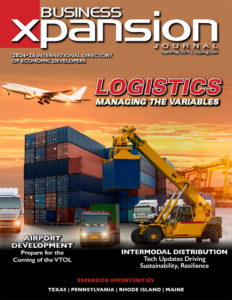
California: Sixth Largest Economy in the World
30 Jan, 2018
By Lori Culpepper
If California were a country, its $2.60 trillion economy would be the sixth largest in the world, and its economy represents 14 percent of the U.S. economy. Over the past three years, $78 billion in venture capital has been invested in California companies, which is more than five times the total of any other state.
According to the Inc. magazine 5000 fastest growing companies in America list, California holds the top spot for most companies on the list at 670. The state is home to many people with an entrepreneurial spirit and a diverse set of industries. Despite a long-term drought, manufacturing and agriculture have continued to perform well.
The manufacturing of electronic equipment, computers, machinery, transportation equipment and metal products has continued to increase. Many high-tech companies and small low-tech companies make their home in Southern California, in what is said to be the largest manufacturing belt in the U.S.
California also continues to be a major U.S. center for film, television and related entertainment industries, especially in Hollywood and Burbank. Tourism is an important source of income with Disneyland, other theme parks and cities like San Francisco drawing millions of visitors each year. California abounds in natural beauty, seen especially in its many national parks and forests.
Regional Sidebars
City of Fairfield
By Rachel Hamilton
Fairfield is located between San Francisco and Sacramento on Interstate 80, just southeast of Napa Valley.
“The most activity that we’re seeing now is from the food and beverage industry,” says Fairfield’s Economic Development and Workforce Housing Division Manager, Bob Burris.
Just Desserts, Primal Pet Foods and Catelli Olive Oil are three companies that are growing in Fairfield. “They found the qualified employees they need. That’s a real center of gravity for us: we have people who have experience in the food and beverage trades.” Burris says.
Jelly Belly has added 120,000 square feet to its campus, and Anheuser Busch has added six tanks for craft brews, one of only two U.S. facilities with that capability, according to Burris.
Fairfield saw a new trend in 2017. “Quite a few of the suppliers to the wine industry in Napa are coming over into Fairfield: bottlers, cork makers, grape crushers, label manufacturing and more,” says Burris. “We have the facilities and water and wastewater capacity needed [and] lower cost of operations than you see in Napa and Sonoma.”
The city has completed a $60 million train station surrounded by 8,000 new homes as well, says Burris. The train provides a direct route to the University of California Davis, which Burris notes is one of the top three universities in the world for food and natural sciences.
UC Davis offers degrees in beer making, wine making, viticulture; life science and bio technology, and it has a med school. “We’re lucky to be within about 15 miles of that university,” Burris says, noting Fairfield is “only 30 miles from UC Berkley as well.”
“We’re seeing a lot of international companies look at the area too,” says Burris, explaining that a large part of the area’s attractiveness is access to food resources like wine, grain, rice, olives and nuts.
“A lot of international companies see this as a great place to try foods and improve packaging,” says Burris, who sees innovation happening in improving the portability of fresh snack foods and making packaging biodegradable and efficient.
City of Moreno Valley
By Rachel Hamilton
Moreno Valley is east of Los Angeles and south of San Bernardino in Riverside County. The city’s population growth rate is 5.6 percent annually, and “industrial development is driving the growth of the city,” says Moreno Valley’s Community and Economic Development Director, Mike Lee.
“We have 6.5 million square feet of industrial space under construction right now,” Lee says. Several Fortune 500 companies, such as Amazon and Proctor & Gamble have a presence in Moreno Valley already. Skechers USA and Aldi Foods have headquarters there as well. “We really value our businesses. All businesses have direct access to the director and staff.”
Karma Automotive manufactures luxury electric vehicles in their Moreno Valley plant. “We are aggressively pursuing a second auto manufacturer,” says Lee, noting that the growth of green technology companies in Southern California includes Moreno Valley.
“We’re catching a lot of growth moving from Orange County and LA County because we have the land available; we’re only about 65 percent built-out,” says Lee. “We’re pro-business and we’re aggressive.” Logistics, ecommerce and manufacturing are particular targets.
“We also have a list of various aerospace and defense contractors that support our March Air Reserve Base,” Lee says. “There are over 9,600 people at the base. They’re the largest employer in the city.” The second largest is Amazon with 7,500 employees.
Moreno Valley is in the densely-populated Inland Empire of California, so its workforce draw is roughly one million people in a 20-mile trade area. “We have recently conducted workforce job fairs for Amazon, Proctor & Gamble, Karma Automotive, Aldi Foods and Hyundai,” Lee says.
“We have formed our own employment resource center,” says Lee, explaining that economic development in Moreno Valley has teamed up with Moreno Valley College, the University of California Riverside and California Baptist University to work with companies on workforce training needs.
Moreno Valley is in Riverside County, which is home to “many lifestyle amenities attractive to millennials,” Lee says. Those amenities include Lake Perris Regional Park and a system of hiking trails, as well as other Southern California amenities: beaches, mountains, sports and entertainment such as Disneyland and Knott’s Berry Farm.
Kings County
By Loyd McIntosh
Located in California’s Central Valley equidistant from Los Angeles and San Francisco, Kings County is on the verge of something great. Having already made the transition from an agricultural production area to one focused on agricultural processing, Kings County is poised to be the center of California’s next wave of tech success.
John Lehn, President & CEO of the Kings County Economic Development Corporation, says the region around the central valley is becoming attractive to business leaders looking to relocate companies or launch new ones. As the coastal communities of California become more expensive, Kings County, with a growing population outpacing the state’s average, is an attractive alternative. “If you don’t have to be in the more expensive areas, you can cash out, and have a great workforce where your actual workforce can afford to buy a house.”
The feather in Kings County’s cap is, without a doubt, Faraday Future, a startup luxury electric vehicle manufacturer that will begin assembling automobiles in Hanford in 2018. The plant will employ up to 1,000 people and will provide jobs to thousands more as additional support companies move to the area. “We believe as a startup company, their demand will increase as these vehicles become appealing to the world,” says Lehn. “Who knows, maybe we will become a hub of electric vehicle manufacturing.”
Another high-profile project coming to the area is the Kelly Slater Wave Company in Lemoore. One of the World Surf League’s (WSL) top surfers, Slater, and the WSL teamed up to launch Slater’s Wave Pool, a world-renown man made surfable wave that will host up to two WSL events in 2018.
Naval Air Station Lemoore is experiencing growth as the Navy has shifted assets west. The base is now home to the Navy’s newest strike fighter, the F-35C Lighting II, which, Lehn says, is spurring economic development. “From an economic standpoint it brings additional personnel to the area, and it brings the technical competence of the folks that work on that airplane,” Lehn says. “This is why we say ‘business at the speed of Kings County.'”
Related Posts
-
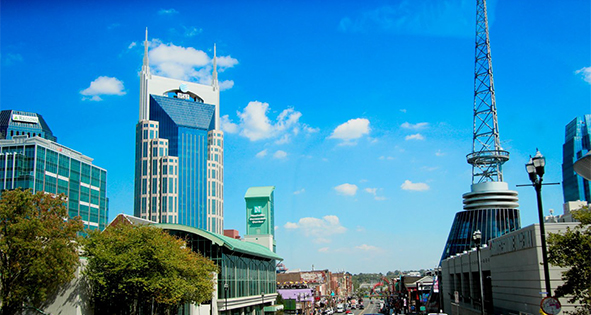
Business Starts Here
-

TEXAS ENTERS 2021 AS WORLD’S 9TH LARGEST ECONOMY BY GDP
-

CALIFORNIA: 5TH LARGEST ECONOMY IN THE WORLD
-

MINNESOTA: FIRST IN FIVE-YEAR BUSINESS SURVIVAL RATE
-
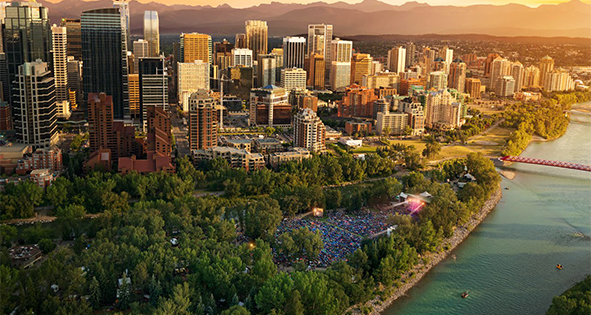
CANADA: Alberta. More Open Than Ever
-
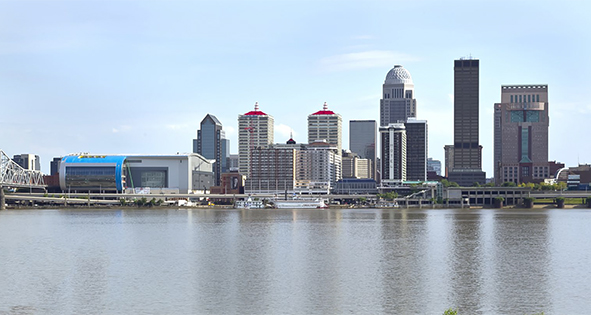
KENTUCKY: The Bluegrass State Is The Right Place To Grow Your Business
-
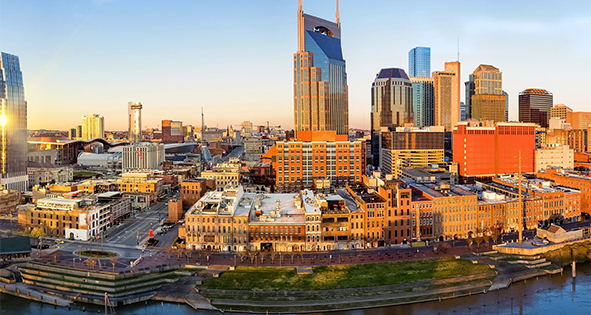
TENNESSEE: Great Brands Deserve the Great State of Tennessee
-
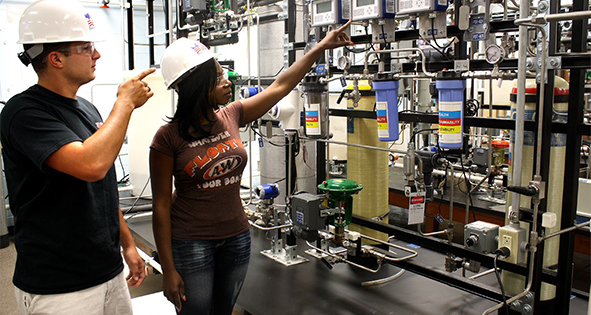
LOUISIANA: Custom Workforce for Expanding
-
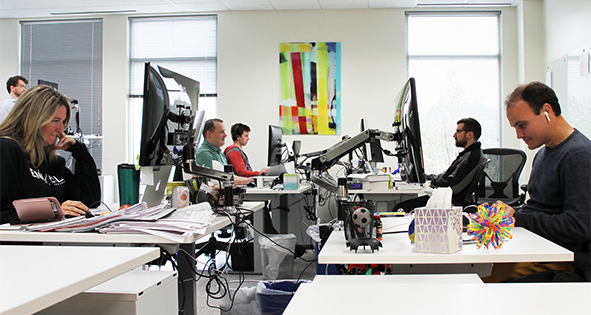
MARYLAND: Home of Innovators
-

MAINE: Yankee Ingenuity








